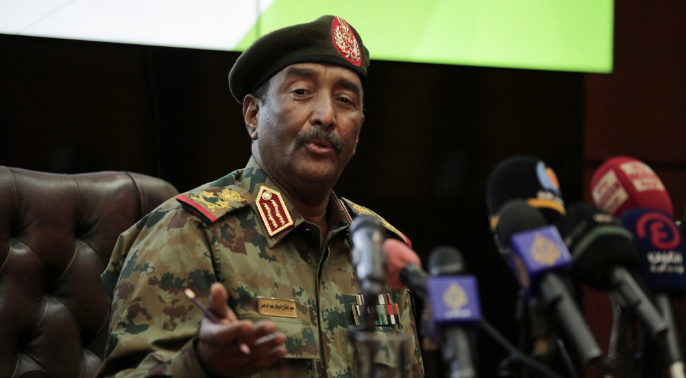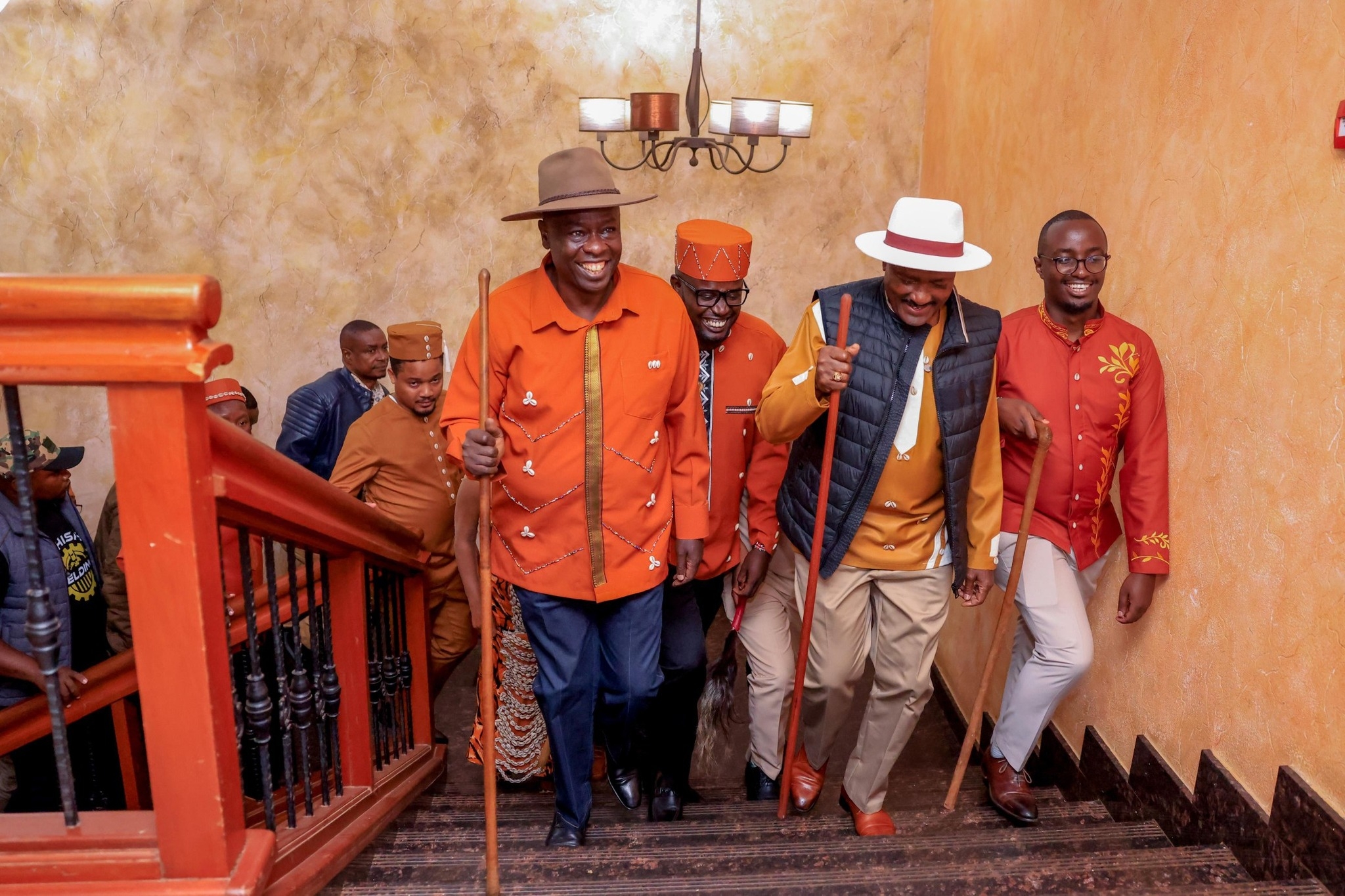

Sudan’s military ruler, General Abdel Fattah al-Burhan, is facing growing criticism over decisions seen as undermining the country’s sovereignty in exchange for securing his grip on power.
Since seizing control in an October 2021 coup, al-Burhan has been accused of making unilateral decisions without involving national institutions.
The most controversial move has been his recognition of Egypt’s sovereignty over the disputed Hala'ib and Shalateen triangle.
The territory, inhabited by Sudanese tribes with strong cultural ties to Khartoum, has long been contested between the two nations.
Analysts say the decision amounts to the unprecedented concession of Sudanese land.
Political commentator Othman Mirghani described it as a political sale of land in return for staying in power.
A former diplomat warned that it sets a dangerous precedent in Sudan’s modern history, where a border dispute is settled through a unilateral decision rather than official institutions or negotiations.”
Critics also accuse al-Burhan of aligning with extremist forces, including remnants of the former regime and radical Islamist groups, to entrench military rule.
Observers argue that his actions demonstrate an obsession with power, even at the cost of prolonging Sudan’s devastating civil war and worsening humanitarian crisis.
Many Sudanese view his conduct as a betrayal of national interests and a threat to the country’s territorial integrity.
This comes a few days after a prominent Sudanese human rights group has accused the country's army and security forces of torturing people to death and operating "execution chambers".
The Emergency Lawyers group said it had documented hundreds of arrests in the capital Khartoum.
It said that in the "worst cases", some captives had later been found dead with evidence of torture.
The Sudanese army recaptured the city from the paramilitary Rapid Support Forces (RSF) in March, against which it is fighting a bitter civil war that has killed tens of thousands in two years.
Throughout the current war, the RSF have also been found to have abused and executed prisoners.
The UN Independent International Fact-Finding Mission for the Sudan said in March that both sides were responsible for "a widespread pattern of arbitrary detention, torture and ill-treatment of detainees".
It said both the RSF and the army had used "rape and other forms of sexual violence, arbitrary arrest and detention, as well as torture and ill-treatment".
The fighting has sparked one of the world's worst
humanitarian crises - 12 million people have been forced from their homes and
famine has been declared in parts of the country.













